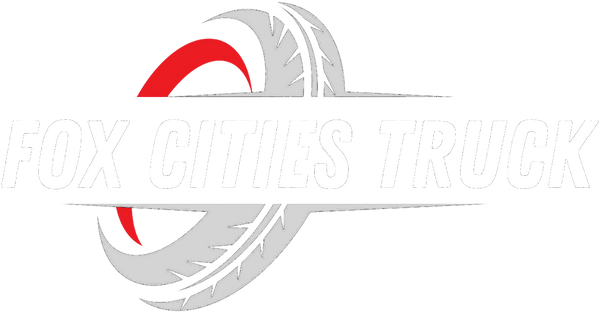
The Future of Truck Services: What’s Changing in 2025?
Share
Introduction
The trucking industry is undergoing a massive transformation, and 2025 is set to bring some of the biggest changes yet. From smart trucks to eco-friendly innovations, the way truck services operate is evolving faster than ever. But what exactly is changing? How will it impact businesses, drivers, and consumers? Let’s explore the future of truck services and what to expect in the coming year.
Automation in Trucking
Automation is set to revolutionize truck services. With self-driving technology advancing, we’re seeing semi-autonomous trucks that assist drivers, reducing fatigue and improving efficiency.
Electric and Hydrogen-Powered Trucks
The push for sustainability has led to the rise of electric and hydrogen-powered trucks. These alternatives reduce carbon emissions, offering a cleaner future for trucking.
AI and Smart Logistics
Artificial Intelligence is reshaping logistics, helping companies optimize routes, reduce fuel consumption, and improve delivery times.
Sustainable Trucking Practices
Eco-friendly trucking is becoming a priority, with companies investing in renewable fuels, carbon offset programs, and energy-efficient vehicles.
5G and Real-Time Fleet Tracking
5G technology is making real-time fleet tracking more precise, ensuring better communication and efficiency in truck services.
The Role of Blockchain in Trucking
Blockchain is enhancing transparency in supply chains, reducing fraud, and improving contract management in the trucking industry.
Autonomous Trucks: Reality or Hype?
Are we ready for fully autonomous trucks? While technology is progressing, regulatory and infrastructure challenges still need to be addressed.
Regulations and Compliance Changes

New laws and policies are shaping the trucking industry, affecting everything from emissions standards to working hours for drivers.
Enhanced Safety Features in Trucks
Advanced safety features such as automatic braking, lane-keeping assistance, and driver monitoring systems are improving road safety.
The Impact on Truck Drivers
With automation and AI, the role of truck drivers is evolving. While some fear job losses, new opportunities are emerging in tech-driven trucking roles.
Truck-as-a-Service (TaaS) Model
Similar to ride-sharing, the TaaS model allows businesses to use trucks on demand, reducing ownership costs and increasing flexibility.
The Future of Truck Maintenance
Predictive maintenance powered by AI is reducing downtime and preventing costly repairs, keeping trucks on the road longer.
Cost Implications for Businesses
While new technologies require investments, they also offer long-term cost savings through efficiency, fuel reductions, and lower maintenance expenses.
How Consumers Benefit from These Changes
Faster deliveries, lower costs, and eco-friendly shipping are just a few ways consumers benefit from the evolution of truck services.
Final Thoughts on the Future of Truck Services
The trucking industry is at the forefront of technological and environmental change. From automation to sustainability, 2025 is set to be a groundbreaking year. The key takeaway? Adaptability is essential for businesses and drivers alike.
FAQs
1. How will automation impact truck drivers?
While automation may reduce certain driving tasks, new opportunities in monitoring and maintenance roles will emerge.
2. Are electric trucks better than diesel trucks?
Electric trucks offer lower emissions and fuel savings, but infrastructure challenges and initial costs are key considerations.
3. Will self-driving trucks replace human drivers?
Not entirely. Autonomous trucks will assist drivers rather than replace them, at least in the foreseeable future.
4. How does blockchain benefit truck services?
Blockchain enhances security, transparency, and efficiency in logistics and supply chains.
5. What are the biggest challenges for truck services in 2025?
Regulatory changes, infrastructure upgrades, and balancing costs with new technologies are some of the biggest challenges ahead.
